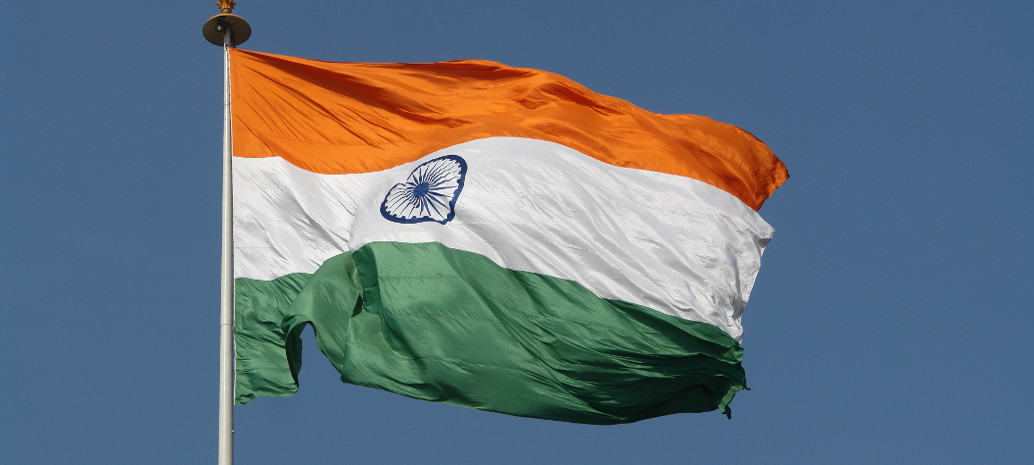India’s Ministry of Heavy Industries has appointed Engineers India Ltd (EIL) as an independent engineer for the advanced-chemistry battery cell (ACC) capacity to be developed under the production-linked incentives (PLI) Scheme.
The ministry had awarded a cumulative battery cell capacity of 30 GWh to Ola Cell Technologies, ACC Energy Storage, and Reliance New Energy Battery Storage and is in the process of awarding another 20 GWh, with a target to achieve 50 GWh production by 2030.
The Ministry has appointed Engineers India Ltd as independent engineers to monitor the progress of the work of the selected beneficiaries.
The prototype testing by the PLI Scheme beneficiaries is almost complete and commercial production is likely to start progressively in phases, in FY 2024.
In line with the scheme’s vision to ensure domestic value addition, the technology for the advanced chemistry cells is being developed by all three beneficiaries and is in the advanced stages of development.
The total investment to date by these beneficiary organizations has reached up to INR 2,090 crore ($253 million). Ola Cell Technologies is setting up its manufacturing facility in Krishnagiri, Tamil Nadu, whereas ACC Energy Storage is setting up its facility in Dharwad, Karnataka, and Reliance New Energy Battery Storage is setting up a facility in Jamnagar, Gujarat.
Reliance New Energy Ltd has also acquired three overseas companies that are in the ACC manufacturing business.
This content is protected by copyright and may not be reused. If you want to cooperate with us and would like to reuse some of our content, please contact: editors@pv-magazine.com.









By submitting this form you agree to pv magazine using your data for the purposes of publishing your comment.
Your personal data will only be disclosed or otherwise transmitted to third parties for the purposes of spam filtering or if this is necessary for technical maintenance of the website. Any other transfer to third parties will not take place unless this is justified on the basis of applicable data protection regulations or if pv magazine is legally obliged to do so.
You may revoke this consent at any time with effect for the future, in which case your personal data will be deleted immediately. Otherwise, your data will be deleted if pv magazine has processed your request or the purpose of data storage is fulfilled.
Further information on data privacy can be found in our Data Protection Policy.